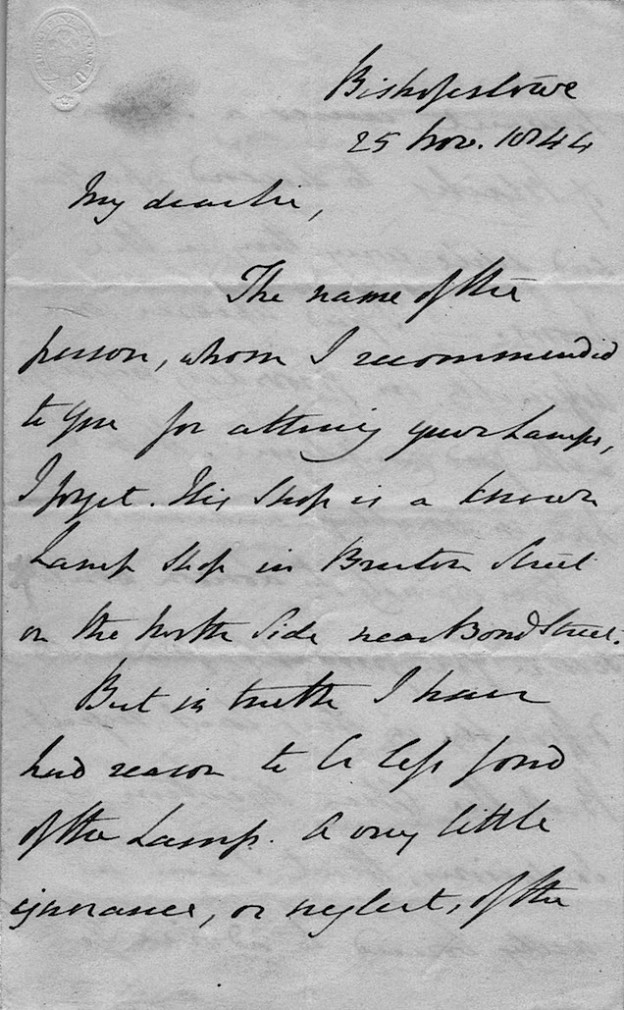Some examples from 1,000 Ways to Earn a Living (1888)
Secretaryships to institutions
‘Are held usually by clergymen or retired military men. These positions are much coveted, and in a recent instance 967 applications were received in reply to a single advertisement in The Times. Secretaries of clubs are frequently members of distinguished families. Such positions fall only to the fortunate. The renumeration is from £400 to £1,500 per annum, including apartment and board.
Private, Household Cavalry
1s. 9d a day plus rations, lodging, clothing &c equal to 15s per week.
Bishop
‘Speaking of it as a profession, the Church is one of the widest of all. Most of the professors at our Universities, the masters in our schools, and numbers of secretaries of religious and other bodies, are qualified priests. In order to become a clergyman it is almost absolutely necessary to obtain a University degree, although it is not requisite ( as is popularly understood ) that that degree should have been granted by either Oxford or Cambridge… From the point of view of a livelihood, it is unfortunately too well known that the Church is far from being a lucrative profession, though, like others, it has its co-called prizes…yet…there is no reason why a clergyman’s leisure time should not be profitably employed in a material as well as a moral sense. The pursuits of tuition or literature are always open to him… Continue reading



